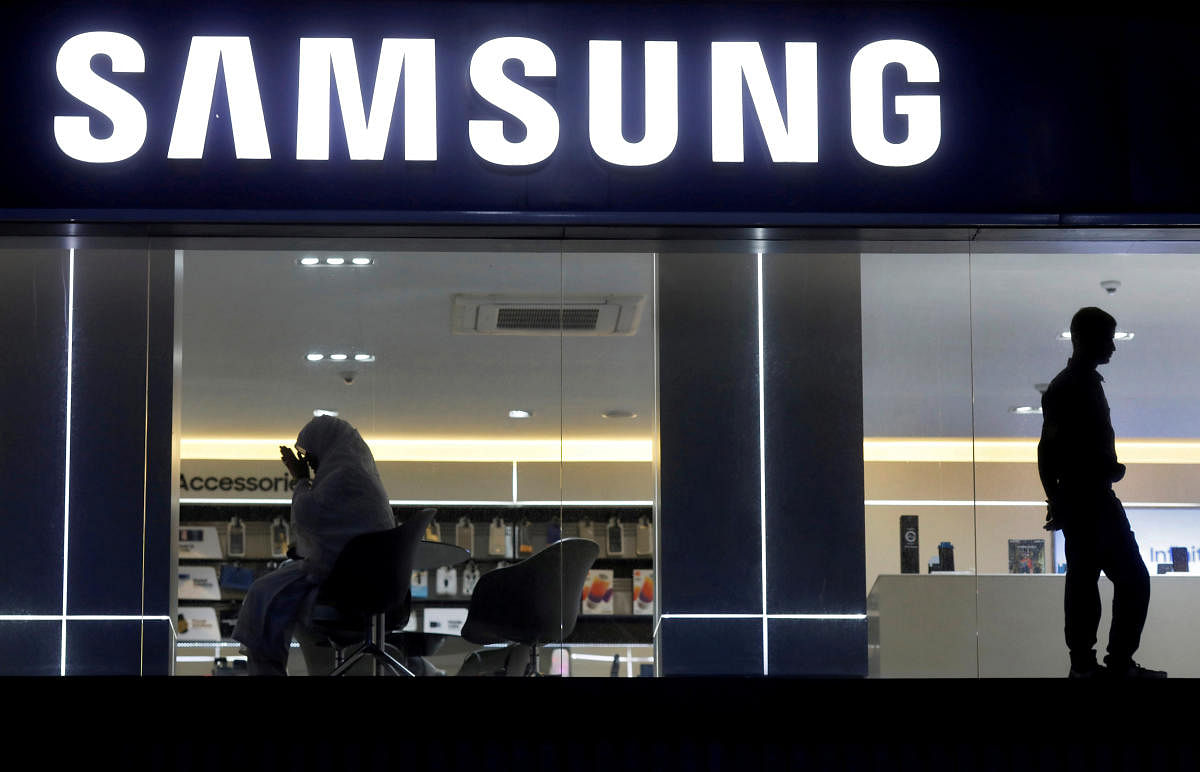
South Korean tech giant Samsung Monday launched its Galaxy M smartphones in the country, a series that has been designed to ground up in India, as it looks to re-capture its pole position from rival Xiaomi.
Samsung has launched two models - M20 and M10 - priced at Rs 7,990 onwards that will be available online from February 5.
"Today's millennials want a smartphone that is lighting fast, runs longer and comes loaded with latest innovations. Meaningful innovation and customer-centric approach form a part of our very DNA and the new Galaxy M series is an embodiment of that commitment," Asim Warsi, senior vice-president of Samsung India, said.
Earlier, Warsi had said the company aims to clock double-digit growth in the Indian market this year, and the new Galaxy M series would play an important part.
Citing GfK data, Warsi had said the company exited the December 2018 quarter with a 40 per cent value share of the market.
However, reports from other research organisations such as IDC and Counterpoint have positioned Xiaomi to be ahead of Samsung (in terms of units shipped) for many quarters now.
According to Counterpoint, Xiaomi led the smartphone market in India in 2018 with 28 per cent share, followed by Samsung (24 per cent). The hyper-competitive Indian smartphone market witnessed the fastest growth among major markets, expanding by 10 per cent in 2018 over the previous year to over 145 million units, it added.
The Chinese player had entered the Indian market through online channel, and has been focussed on aggressively expanding its offline presence over the last many months.
The M10 features a 6.2-inch display, 3400 mAh battery and 13-megapixel+5MP rear and 5MP front camera. It will be available in 2GB RAM/16GB internal memory and 3GB RAM/32GB memory versions.
The M20, on the other hand, includes a 6.3-inch display, 8MP front camera and 5,000 mAh battery.
It will start taking steps this year to replace plastic packaging materials with paper and other environmentally sustainable elements, Samsung said.
The packaging used currently for Samsung's products and accessories like mobile phones, tablets and home appliances "will be substituted with environmentally sustainable materials like recycled or bio-based plastics and paper".
"To revamp product packaging, Samsung Electronics has formed a task force involving design and development, purchasing, marketing and quality control for innovative packaging ideas," it added.
By 2030, Samsung aims to use 500,000 tons of recycled plastics and collect 7.5 million tonnes of discarded products (both cumulative from 2009), the statement said.